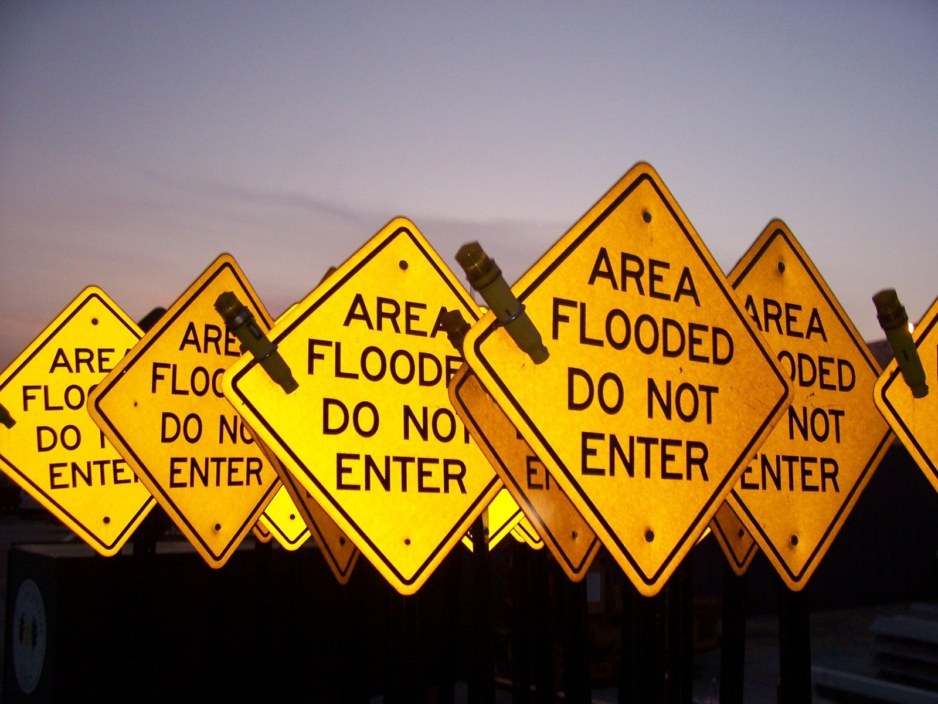A townhome community in Salisbury suffered unprecedented flooding rainfalls over the last two years. One townhome located in the community’s low-lying area sustained damage to the foundation and other structural components, to the point that the structure was starting to settle. Like most townhome communities, the HOA only provides exterior maintenance on the townhomes. The homeowner reportedly incurred expensive repairs to the foundation to cure mold growth and install a drain around the building’s perimeter.
This is the second column in a two-part series examining the effects of increasing rain and flooding events in the region.
An owner in a community of single-family homes in Union County reported to the HOA that his backyard had begun flooding during heavy rains, something that had not occurred in the past. A review of the plat maps revealed that a portion of his lot was located in a flood plain, and the lot backs up to a stormwater drainage easement located on HOA-owned common area. The HOA had done nothing to alter the natural flow of water in the drainage easement or divert it onto the homeowner’s property. Under North Carolina law, the HOA was not responsible for paying to fix the problem. An 1897 case from the North Carolina Supreme Court stated it this way: “The earth’s surface is naturally uneven, with elevation inequality. The upper and lower holdings are taken with a knowledge of these natural conditions. The lower body is doomed by nature to bear this servitude to the superior and must receive the water that falls on and flows from the latter.”
Multiple North Carolina appellate cases hold that a property owner may divert stormwater from his/her property onto adjacent property, as long as the flow of water doesn’t cause unreasonable interference with the adjoining owner’s use of his/her property. The rule is known as the “reasonable use rule:” Each landowner may make reasonable use of his land even though, by doing so, he alters in some way the flow of surface water, thereby harming other landowners. Liability is incurred only when this harmful interference is found to be unreasonable.
Most communities have stormwater drainage systems that were installed by the developer. Some are located in common areas; others are located on individual lots. The HOA is nearly always responsible for maintaining the systems situated in common areas, but the maintenance of the structures found in lots depends on what the community’s governing documents say – some precisely place that duty on the lot owner. I always recommend that organizations understand the allocation of responsibility for maintenance and keep members informed of their commitment.
We cannot control the weather, but we can control what we do to minimize the damage from flooding and rainfall:
- Ensure that storm drainage systems are routinely inspected and maintained.
- Homeowners living in flood plains or low-lying areas should purchase flood insurance.
- Ensure that roof and gutter systems are regularly inspected, cleared of obstructions, and maintained.
- Inspect and keep exterior building surfaces.
- Be alert to signs of water intrusion through foundation walls into basements and other below-grade areas.
- Engage qualified engineers to provide analysis and recommendations, and capable, licensed, and insured contractors to perform the recommended repairs and modifications.
- Plan for the unexpected.
There will be a flood or rainfall event that impacts nearly every community. With foresight and preparedness, a homeowner’s association or condominium can be adequately prepared.
